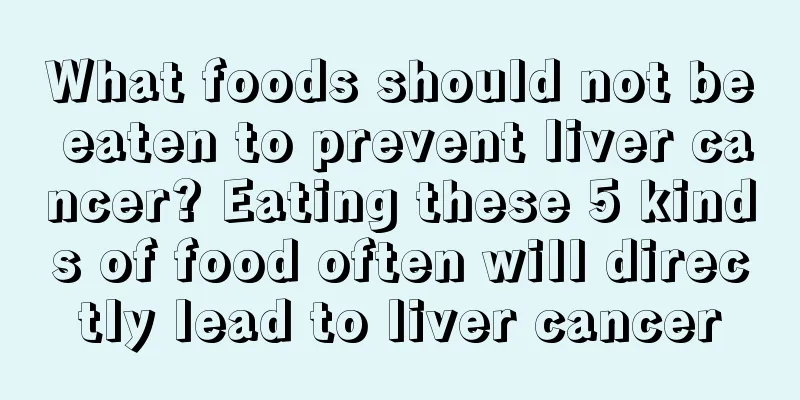Will taking vitamin C in summer make you darker?

|
Young female friends have been committed to skin care and whitening since their student days. Many people will incorporate whitening into their diet, such as lemons and tomatoes. Everyone knows that lemons are rich in vitamin C, which has a whitening effect. However, it is not suitable to eat foods containing vitamin C or apply cosmetics containing vitamin C during the day, otherwise it will have the opposite effect. This article introduces the reasons behind this, let’s take a look. In summer, vitamin C and vitamin E need to be applied at night. If applied during the day, they will easily absorb ultraviolet rays when going out, and the strong light will make the skin darker, so it is best to use them at night. Using them at night can achieve the purpose of anti-oxidation, whitening and freckle removal. Because VC is photosensitive, your skin will turn yellow if you eat it during the day, and will turn dark over time, so it is better to eat it at night. Another thing is to do a good job of protection. If you often face the computer, try to eat less photosensitive foods during the day, such as carrots, eggplants, etc. . . Vitamin C skin care products Our skin loses some moisture every day. Coupled with factors such as ultraviolet rays, air-conditioned rooms and pressure, it will cause skin physiological disorders, dull skin and prone to aging. Of course, fair and flawless skin is the symbol of beauty, so whitening is something that we beauty-loving ladies must do every day. Vitamin C is widely used in cosmetics. It can not only whiten the skin, perform oxidation-reduction functions, but also promote collagen production. Today we will look at these effects of VC. Vitamin C and skin Why does our skin become darker and the principle and effect of VC Tyrosine, the precursor of melanin, exists naturally in epidermal cells. When our skin is exposed to ultraviolet rays, it automatically triggers a series of reactions that convert tyrosine into melanin, the so-called melanin. There is a key substance in this reaction - tyrosinase. Tyrosine is converted into DOPA by tyrosinase, which then converts DOPA into DOPAquinone, which is then self-oxidized into melanin. Vitamin C and skin Vitamin C Beauty Skin Care Vitamin C can inhibit the activity of tyrosinase, hinder the production of melanin, protect the skin from damage by ultraviolet rays, and improve the effect of dull skin. In addition, vitamins have an exciting effect, promoting collagen production. It is very sad that women lose collagen very quickly after the age of 20. Collagen can be said to be the skeleton of the skin. It gives strength to the skin and maintains the structure of the skin. Without collagen, the skin loses its elasticity and wrinkles appear. Vitamin C can play an antioxidant and anti-aging role, and promote the proliferation of collagen, which has anti-wrinkle and anti-aging effects. Therefore, if you want to have fair and smooth skin, you need to supply rich vitamin C every day. However, vitamin C is a water-soluble vitamin and will be excreted through sweat and urine, so we need to take it in from food every day. Vegetables and fruits contain a lot of vitamin C, so we need to eat more vegetables and fruits in our daily life. |
<<: Taking vitamins can help fight aging
>>: Can I take vitamin E in summer?
Recommend
Is shortness of breath in lung cancer patients a sign of worsening of their condition?
Is shortness of breath in lung cancer patients a ...
What are the symptoms of thyroid disease?
Judging from the clinical symptoms, there are man...
The effect of protein on skin
Protein is an extremely important nutrient that i...
How to reduce the incidence of prostate cancer in men
The incidence of prostate cancer is very high. Th...
Effects and functions of water grass agate
Many people in life must have heard of water gras...
How much do you know about the dangers of smoking?
Most people in life know that smoking is harmful....
Foods that are good for hair
Although women like to dye their hair in various ...
Scar quick recovery
In fact, many people do not want to have scars on...
Do microwave ovens cause cancer?
Microwave ovens are one of the more commonly used...
Abdominal colic syndrome, mainly has these manifestations
Abdominal colic is generally pain in the upper ab...
The skin is not smooth and has a grainy feel
Many friends have uneven and grainy facial skin, ...
What are the consequences of osteonecrosis?
Femoral head necrosis is a common disease in our ...
The life expectancy of patients with hepatitis C is so harmful
Hepatitis C is a type of hepatitis. Compared with...
What are the disadvantages of back scraping
What are the disadvantages of scraping the back? ...
A review of the causes of osteosarcoma
Before introducing the causes of osteosarcoma, le...









